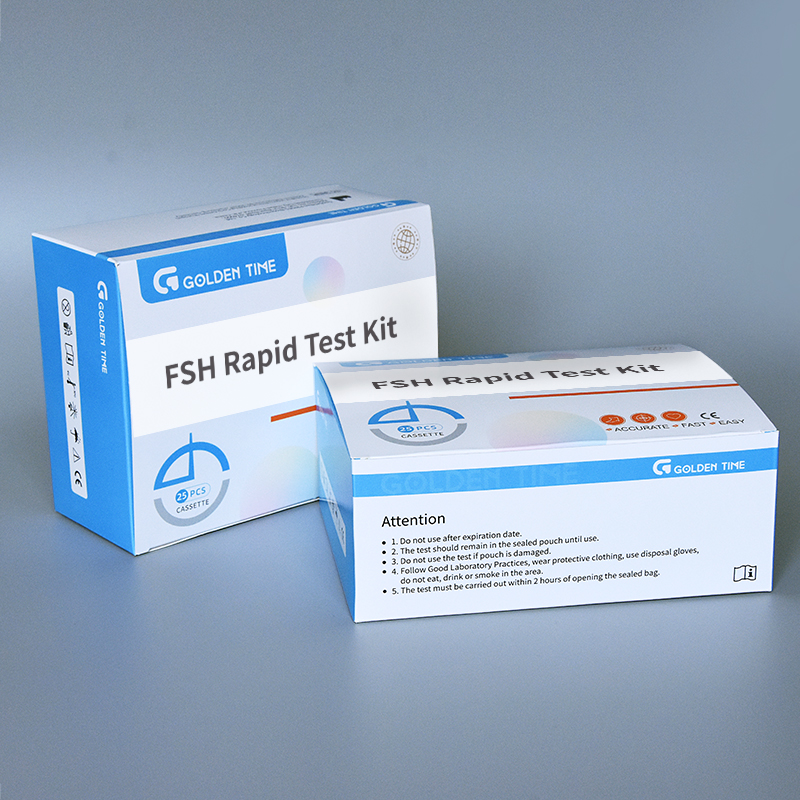Dec . 09, 2024 19:45 Back to list
Rapid COVID Testing Options for Quick Results and Peace of Mind
The Importance of COVID-19 Rapid Testing in Managing the Pandemic
As the world continues to grapple with the challenges posed by the COVID-19 pandemic, the need for effective testing solutions has become more evident than ever. Among the various testing methods available, COVID-19 rapid tests have emerged as a crucial tool in the fight against the virus. These tests not only provide quick results but also play a significant role in controlling the spread of the disease in communities around the globe.
COVID-19 rapid tests are designed to detect the presence of the virus in an individual’s body with remarkable speed, typically providing results within 15 to 30 minutes. This is a stark contrast to traditional laboratory tests, which can take several hours, or even days, to return results. The quick turnaround time of rapid tests makes them particularly valuable in situations where timely decision-making is essential, such as during mass gatherings, travel, or in school settings.
The Importance of COVID-19 Rapid Testing in Managing the Pandemic
Moreover, the ease of use and accessibility of COVID-19 rapid tests can significantly enhance testing rates within populations. With less complex procedures compared to PCR tests, rapid tests can be administered in various settings, including schools, workplaces, and public events. This flexibility allows for widespread testing initiatives, ensuring that more people have access to rapid testing solutions. Furthermore, the cost-effectiveness of these tests makes them an appealing option, particularly for low-resource settings where comprehensive laboratory testing may not be feasible.
covid rapid test

The integration of rapid testing into existing public health strategies also holds immense potential. For instance, the use of rapid tests for regular screening in high-risk environments—such as healthcare facilities, nursing homes, and densely populated workplaces—can provide an additional layer of safety. Regular screening can help identify and isolate cases early, minimizing the risk of outbreaks in vulnerable populations.
However, it is essential to acknowledge the limitations of rapid tests. While they are effective in providing quick results, their sensitivity and specificity may not match that of PCR tests. Rapid tests can sometimes produce false negatives, particularly in individuals with low viral loads. Therefore, public health officials have recommended combining rapid testing with other preventive measures, such as masking, social distancing, and vaccination, to maximize their effectiveness.
The rollout of COVID-19 vaccines has further highlighted the importance of rapid testing. As vaccination rates increase, rapid tests can serve as a complementary tool to ensure that vaccinated individuals do not become carriers of the virus. In settings where individuals gather, such as concerts or conferences, rapid tests can help create a safer environment, thereby restoring a sense of normalcy in society.
In conclusion, COVID-19 rapid tests have become a vital component of our response to the pandemic. Their ability to provide quick results, coupled with their accessibility and ease of use, allows for timely interventions that can prevent outbreaks and protect public health. While there are limitations to these tests, their integration into broader testing and public health strategies is essential. As we move forward, leveraging the strengths of rapid testing alongside vaccination and other preventive measures will be crucial in our efforts to combat COVID-19 effectively and pave the way for a healthier future.
-
Malaria Pf Ag Rapid Test Kit - Quick & Accurate Detection
NewsAug.11,2025
-
Accurate Cardiac Marker CK-MB Rapid Test for Quick Results
NewsAug.10,2025
-
Premium Empty ABS Plastic Cassette for Test Strips
NewsAug.09,2025
-
Sterile Urine Cup: Accurate Specimen Collection for Labs & Home
NewsAug.08,2025
-
Malaria Pf/Pan Ag Rapid Test Kit for Fast, Accurate Diagnosis
NewsAug.07,2025
-
Rapid Canine Corona Test: Fast & Accurate Results
NewsAug.06,2025

